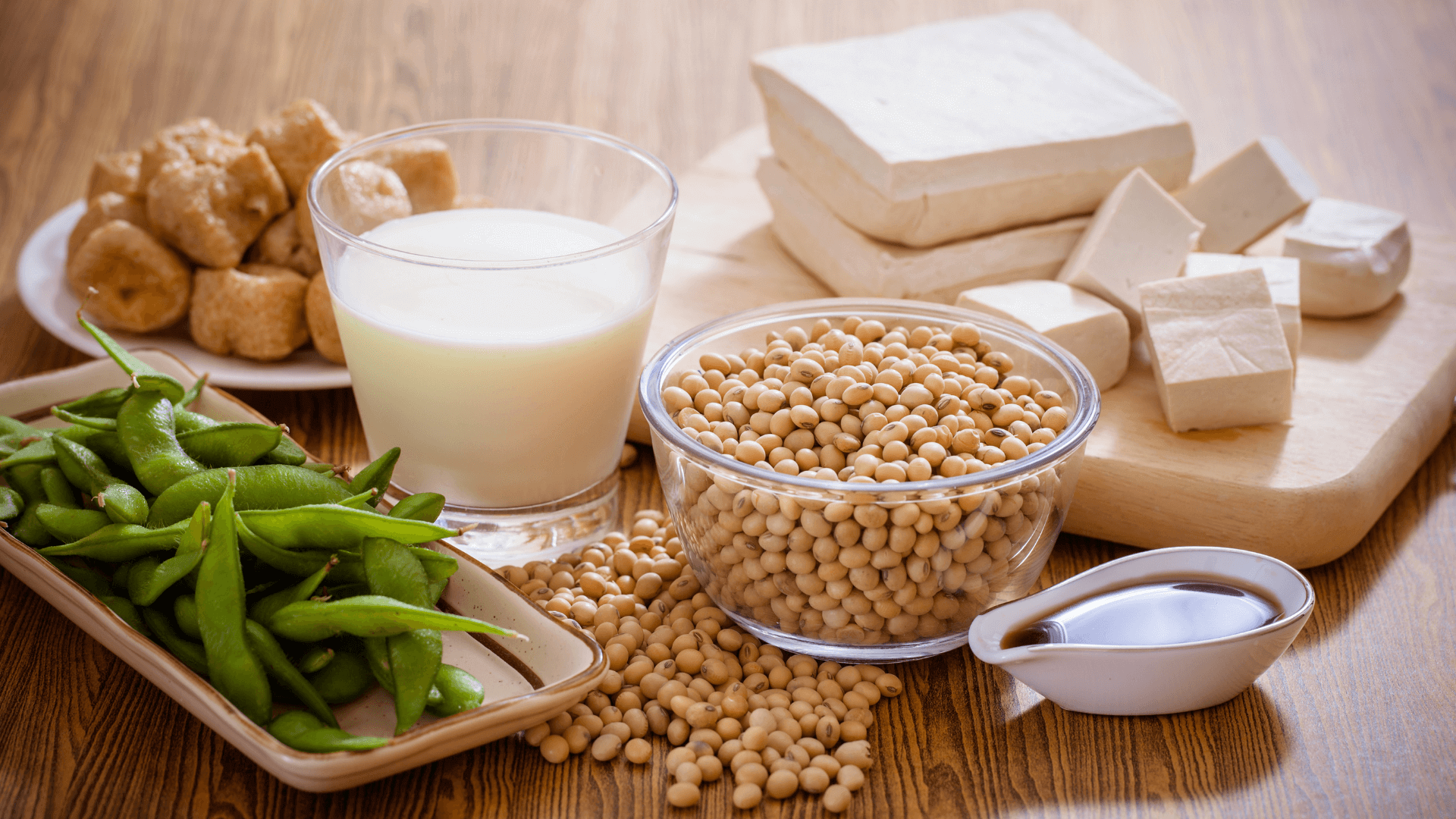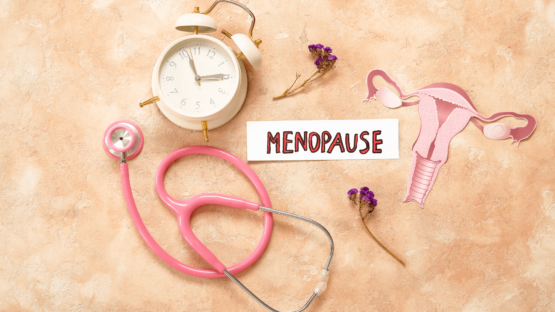- You have no items in your shopping cart
- Continue Shopping

Isolated soy protein is a highly refined form of soy protein that has been separated from other components of the soybean, such as fats and carbohydrates. This concentrated form of protein is widely used in various food products and supplements, offering numerous health benefits, particularly for women. This blog explores the advantages of isolated soy protein and its potential impact on women’s health.
Through some treatments, soy protein can be isolated from soybean and processed into soy flour, concentrates and isolates, which can eventually become commercial products. The most refined form among these, the isolated soy protein, is made by processing soybeans to remove most of the fats and carbohydrates, resulting in a product that is about 90% protein with a better digestibility (Qin et al., 2022). This makes it an excellent source of high-quality protein, containing all the essential amino acids needed for growth and maintenance of body tissues. Because it is low in fat and carbohydrates, it is a popular choice for those looking to increase their protein intake without added calories.
One of the most notable benefits of isolated soy protein for women is its potential to relieve menopausal symptoms. The phytoestrogens in soy, particularly isoflavones, can help balance hormone levels and reduce symptoms such as hot flashes and night sweats. By mimicking the effects of estrogen in the body, these compounds provide a natural way to manage menopause-related discomforts. Women, especially after menopause, are at a higher risk of developing osteoporosis due to decreased estrogen levels. Isolated soy protein contains isoflavones that have been shown to support bone health by promoting bone formation and reducing bone resorption. Regular consumption of soy protein can help maintain bone density and strength, reducing the risk of fractures. Isolated soy protein has been found to lower LDL (bad) cholesterol levels and improve overall lipid profiles. Including soy protein in your diet can contribute to better heart health by reducing cholesterol levels, decreasing cardiovascular disease risk and supporting a healthy cardiovascular system (Montgomery, 2003).
Being a low-fat, low-carbohydrate source of high-quality protein, isolated soy protein can be an excellent choice for weight management. Protein is known to increase satiety, helping you feel fuller for longer and potentially reducing overall calorie intake. Women who experience weight gain during menopause might find it beneficial. Furthermore, isolated soy protein helps preserve muscle mass and strength, which can decline with age. This is crucial for maintaining mobility, reducing the risk of falls, and promoting overall physical health. Individuals with sensitive digestive systems, especially those with lactose intolerance or dairy allergies can opt for isolated soy protein, as it is easier to digest compared to other protein sources.
Incorporating isolated soy protein into your daily diet is easy and versatile. You can simply mix it in your protein shakes, smoothies or yoghurt and even use it as an ingredient in your baking, soups or snacks.
Isolated soy protein offers numerous benefits for women’s health, particularly during and after menopause. Its high-quality protein content, along with the presence of beneficial isoflavones, makes it a valuable addition to the diet. It can be a key component in promoting every individual’s, and not only women’s health and well-being. Whether you are managing menopausal symptoms, striving for better heart health, or simply looking for a high-quality protein source, isolated soy protein offers a natural and effective solution.





